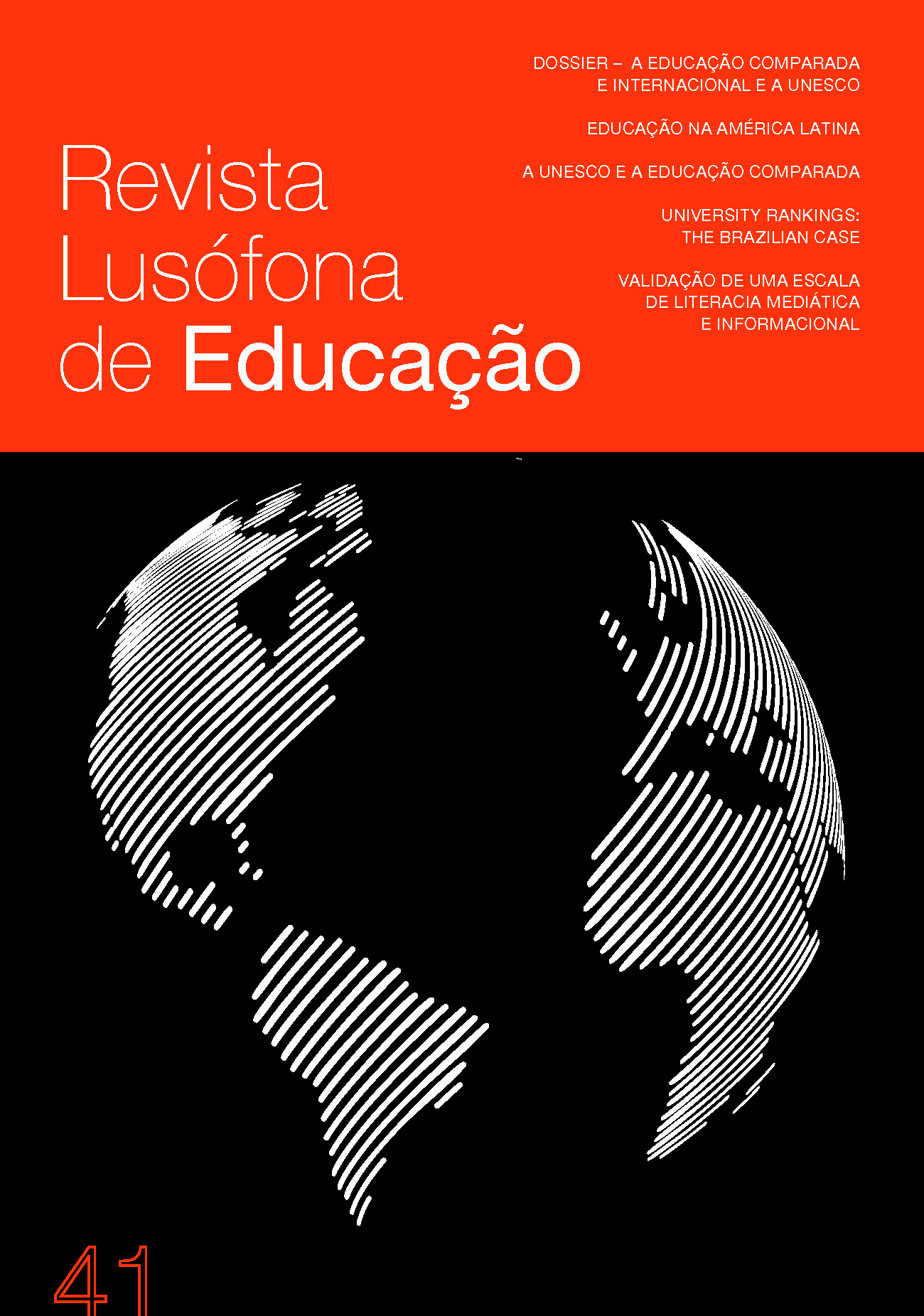Noneducational board games in University Education. Perceptions of students experiencing Game-Based Learning methodologies
Abstract
In the recent years, most academic literature of Game-Based Learning (GBL) has provided in-depth knowledge of the characteristics of games that foster participative learning and that increase the level of motivation of students. In addition, most of these studies have focused on videogames. Consequently, few academic research has centred in the potentialities of noneducational board games as teaching methodologies. The current paper intends to contribute to filling this gap with an exploratory investigation with a two-stage process. The first involved three experimental interventions in six bachelor degree courses for Communication and Biochemistry studies (n=196 students). In these interventions, teachers introduced commercial board games that were related to the content of the courses and aimed students to play. The second stage gathered data-driven results from an online survey among the students who had participated in the GBL interventions (n=87). The study analyses the perceptions of students in relation to their preferences in teaching methodologies, the suitability of board games in class, their reasons for feeling motivated while playing and the skills experienced during the GBL sessions. Results reveal that the sessions generated high perception levels of engagement and motivation as well as the development of transversal skills such as teamwork and communication.
Keywords: game-based learning; board games; motivation; university education.
Downloads
At the time of manuscript submission, the Statement of Responsibility must be submitted, signed by all authors. This declaration must include each author’s contribution according to the CRediT – Contributor Roles Taxonomy, available at https://credit.niso.org/.








